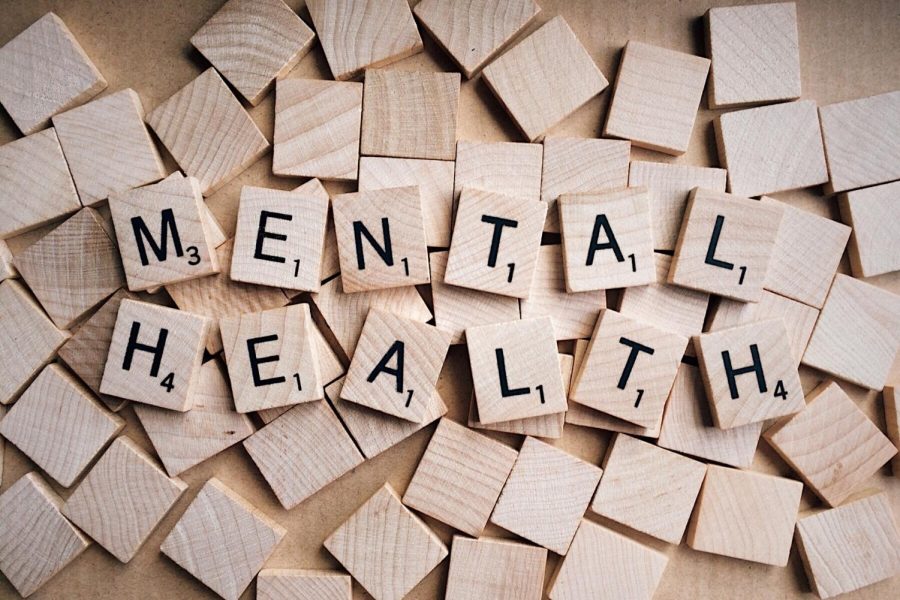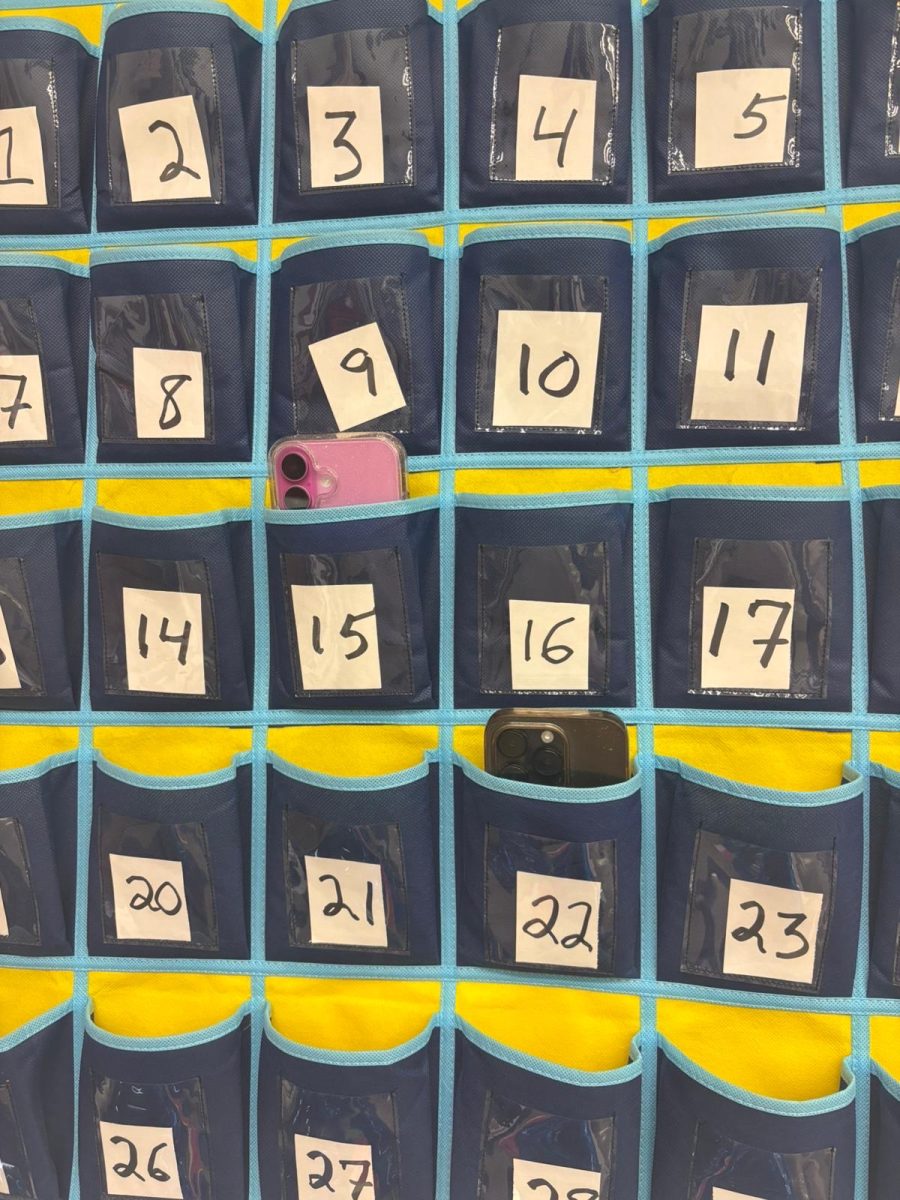Mental health is a serious issue in our world today. Many people are struggling with their mental health, and most of these victims are high school students.
High school is said to be one of the most important time in one’s life. In high school, students have a lot going on. From extracurricular activities to part-time jobs to actual schoolwork, students have a lot going on in their lives. While being so involved in all of these activities, they still have to find time for their personal health which isn’t always easy to do.
According to Polaris Teen Center, about one in five teens suffer from at least one mental health issue and in the past year 11% of teens reported having at least one major depression episode. The CDC reports that anxiety spikes around the teenage years of 12- 17. Diagnosed with a condition of not, teens may still be plagued by bouts of mental illness, anxiety, stress, fear, sleeplessness, etc.
Too Much Stress
High School students are involved in so much in such a short amount of time in their life. There is so much pressure being placed on these students that they have to do so much if they want to succeed in life. These students are struggling with more stress than other before. Most of the time, these students do not have a lot of a time to juggle all the activities that they’re involved in.
According to Nationwide Children’s, high school students should be getting a reported 9.5 hours of sleep each night. Between everything they’re juggling in their life, when exactly can they fit in almost 10 hours of sleep? These teenagers would have to be asleep by 9:00 pm, or earlier, depending on what time they need to wake up in the morning. Most of the time, students are not even home by this time because of extracurricular activities. Depending on how much homework they have, it can take them even longer before they finally get to fall asleep.
Most high schools start their day at around 7:30/8:00 am, this is very early for high school students. Meanwhile, the younger elementary students don’t usually start school until an hour after these high schoolers do. Lack of sleep can, of course, affect your mood. When these students don’t get enough sleep to last them through the day, it can cause stress, or even anxiety and depression.
Lack of Concern in School
Each high school is equipped with a set of trained professionals to help students with what their emotional needs. These guidance counselors are open all throughout the day to assist students with everything from college to emotional problems. However, most students don’t want to visit their guidance counselor. Most students don’t feel the need to go their guidance counselors because of the lack of connection between them. Guidance counselors generally schedule to meet with students around 1-2 times a year, and when they do meet it’s mostly to create their schedule. If a student never goes to their guidance counselor besides these meetings, they won’t have a connection with them. A lack of connection will cause students to not feel like it’s necessary to talk about their problems with these counselors.
Teachers are also an important part of these students lives too. A teacher is with these students for a good portion of the day. Some of the time, teachers see the student more than their parents do. However, some of the time, it feels like there are better ways that a teacher could deal with their student’s mental health. While loading them with piles of homework each night, it seems like the teacher doesn’t always comprehend that a student has other classes other than theirs.
One solution to this problem would be if teachers collaborated on when they were giving tests/projects/essays. If each teacher gave their tests on different days of the week, or all had different due dates, this would help students achieve more. Having so much work due at the same time can stress students out, and makes their work not the best it could be.
Fixing the Problem
When a teenager tells someone they’re depressed, the most common responses are, “Why are you depressed?”, “You’re only in high school, you don’t know what depression is” or “Wait till you’re my age, you’ll find out what depression is.” How is this fair to these teenagers? They’re trying to confide in someone, and they’re reputing with nonsense. Maybe instead of responding with these answers, the first response is to help get this teenager help. If more people were to do this, the rate of depressed high schoolers would go down.
We want these students to achieve in life. We, as a society, should pay more attention to their mental health. As a result of this, success would be more achievable for these students. In the long run, a students’ happiness should mean a lot more than the grades on their report card, how they play in a sport, etc.











